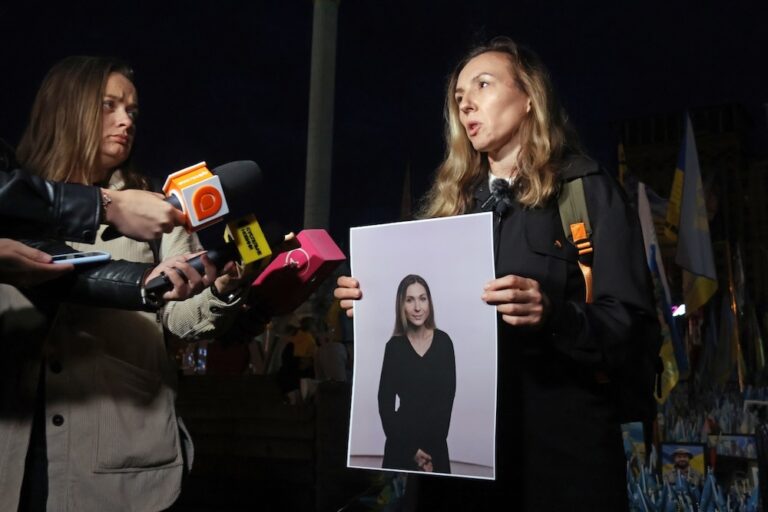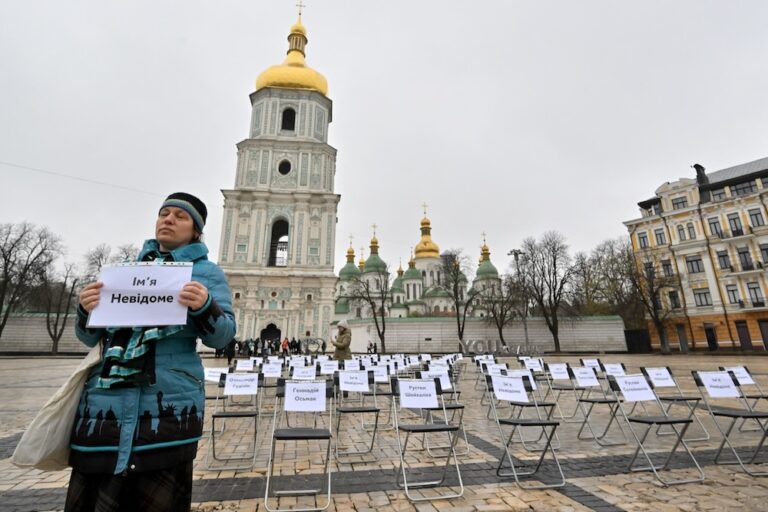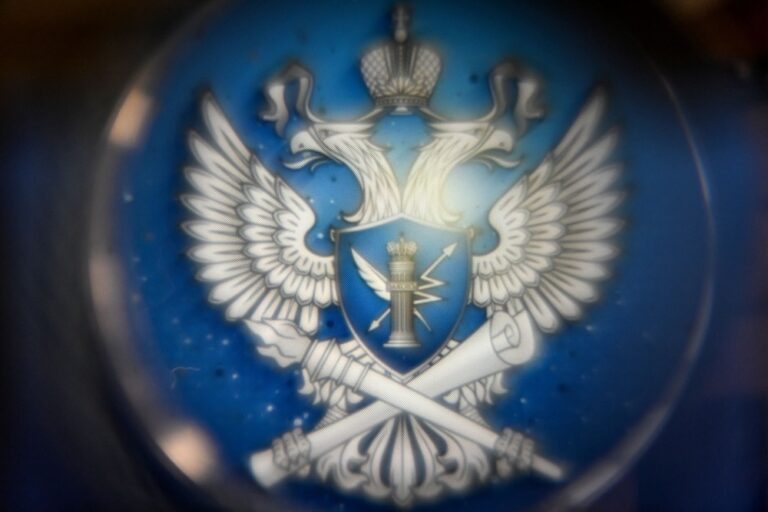(RSF/IFEX) – On 4 November 2002, RSF expressed its concern over Russia’s new anti-terrorist law, which will likely increase censorship of coverage of the Chechen confict and severely curtail press freedom. “Russians already lack reliable and independent news sources about the situation in Chechnya,” RSF Secretary-General Robert Ménard noted in letters to the United Nations […]
(RSF/IFEX) – On 4 November 2002, RSF expressed its concern over Russia’s new anti-terrorist law, which will likely increase censorship of coverage of the Chechen confict and severely curtail press freedom.
“Russians already lack reliable and independent news sources about the situation in Chechnya,” RSF Secretary-General Robert Ménard noted in letters to the United Nations (UN) and the Council of Europe. “Such censorship must not be strengthened and entrenched under the pretext of the fight against terrorism,” Ménard said. He asked Ambeyi Ligabo, UN special rapporteur on freedom of expression, and Lydie Polfer, chairperson of the Council of Europe’s Committee of Ministers, to stress to the Russian government that the new law, passed by the Duma (Parliament) on 1 November, violates international press freedom standards.
Several Russian media outlets were punished for their coverage of the recent hostage-taking incident in Moscow. On 25 October, Information Minister Mikhail Lessin ordered the closure of the regional television station Moskovia, for violating anti-terrorist and press laws. He also threatened to shut down the Moscow Echo radio station’s website, after it posted an interview with the hostage takers.
In addition, Federal Security Service (FSB) agents searched the offices of the weekly “Versia” on 2 November and confiscated the newspaper’s computer server. Managing editor Andrei Soldatov said the raid was linked to an impending article about the special security forces’ role in ending the hostage drama. The newspaper finally published the controversial story on 4 November.


